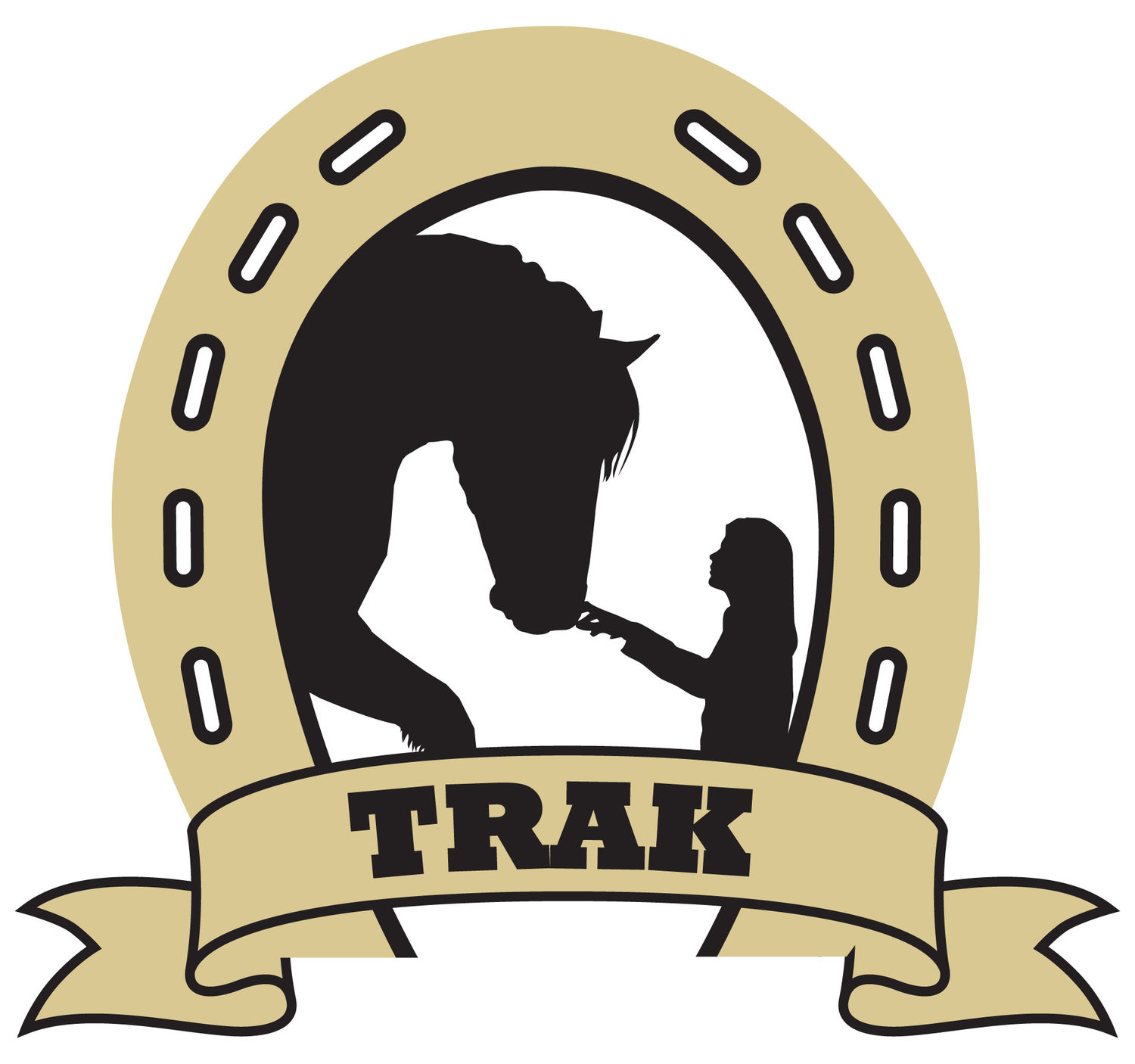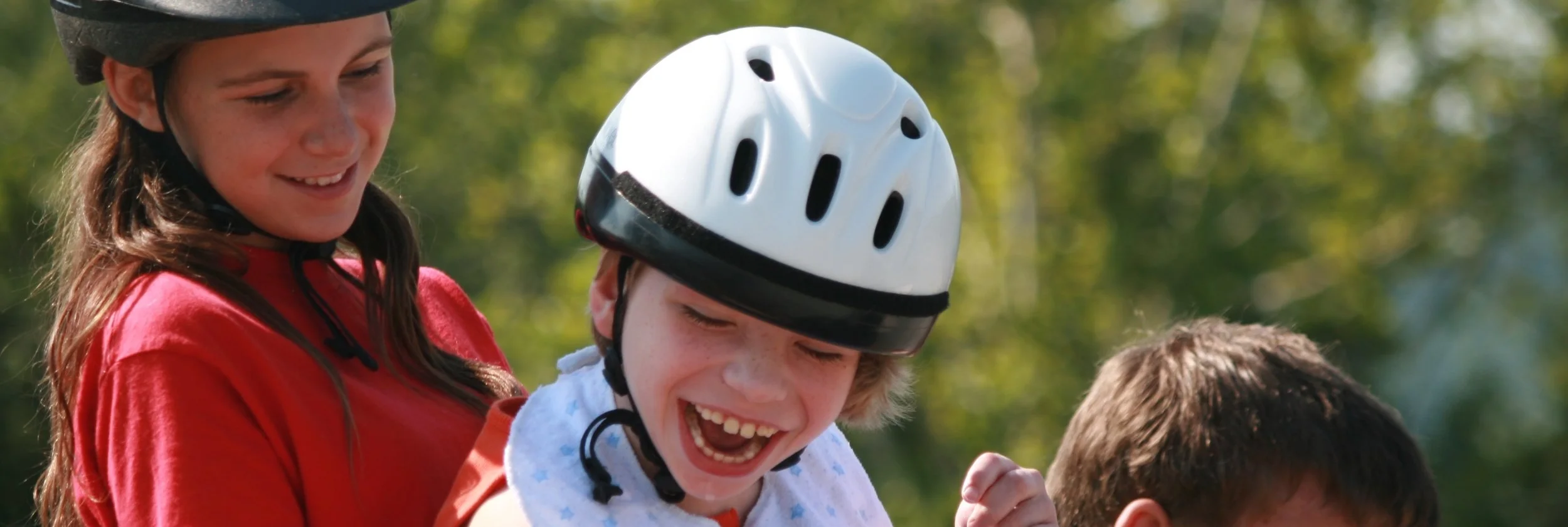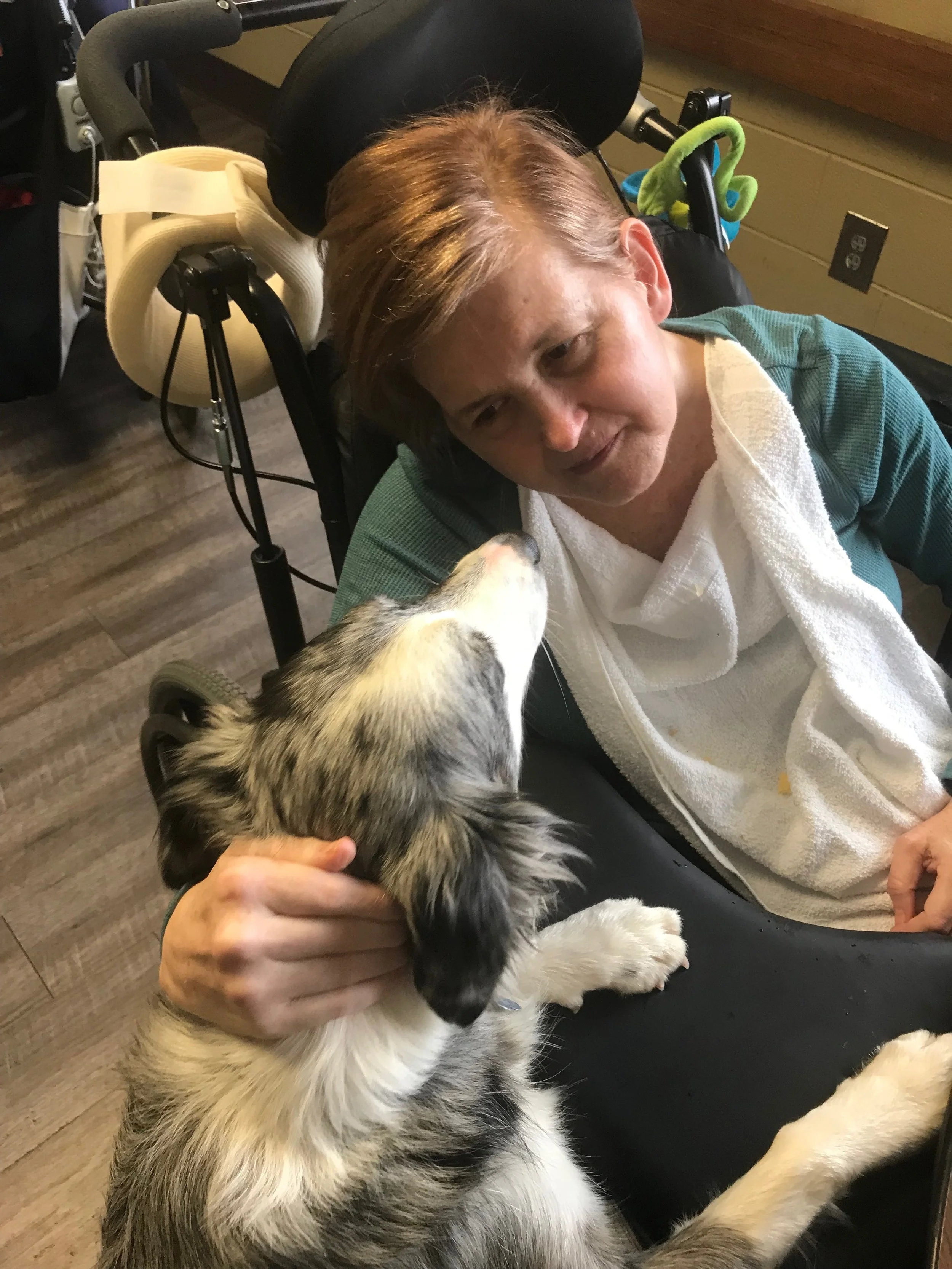therapeutic horseback riding
“Therapeutic riding is an equine-assisted activity for the purpose of contributing positively to the cognitive, physical, emotional and social well-being of individuals with special needs. Therapeutic riding provides benefits in the areas of health, education, sport and recreation & leisure. Throughout the world, there are thousands of individuals with special needs who experience the rewarding benefits of horseback riding. A disability does not have to limit a person from riding horses. In fact, experiencing the motion of a horse can be very therapeutic. Because horseback riding rhythmically moves the rider's body in a manner similar to a human gait, riders with physical disabilities often show improvement in flexibility, balance and muscle strength. In addition to the therapeutic benefits, horseback riding also provides recreational opportunities for individuals with disabilities to enjoy the outdoors.“ —PATH International
Animal assisted therapIes
“Animal-assisted therapy is a growing field that uses dogs or other animals to help people recover from or better cope with health problems, such as heart disease, cancer and mental health disorders.”
—Mayo Clinic
speech therapy/Speech LANGUAGE Pathology
“SPeech therapists can help with:
Articulation problems: Not speaking clearly and making errors in sounds.
Fluency problems: Trouble with the flow of speech, such as stuttering.
Resonance or voice problems:Trouble with voice pitch, volume and quality.
Oral feeding problems: Difficulty with eating, swallowing and drooling.
SLPs can help treat:
Receptive language problems: Trouble understanding (receiving) language.
Expressive language problems: Trouble speaking (expressing) language.
Pragmatic language problems:Trouble using language in socially appropriate ways.
SLPs use strategies tailored for each child’s particular challenge. Strategies might include:
Language intervention activities:These activities build skills in a variety of ways, including modeling and giving kids feedback. The therapist might use pictures and books or play-based therapy. She may also use language drills to practice skills.
Articulation therapy: The SLP models the sounds the child has difficulty with. This might include demonstrating how to move the tongue to create specific sounds.
Feeding and swallowing therapy:The SLP teaches the child exercises to strengthen the muscles of the mouth. This might include facial massage and various tongue, lip and jaw exercises. She might also use different food textures to encourage awareness during eating and swallowing.“ — Erica Patino, MA




